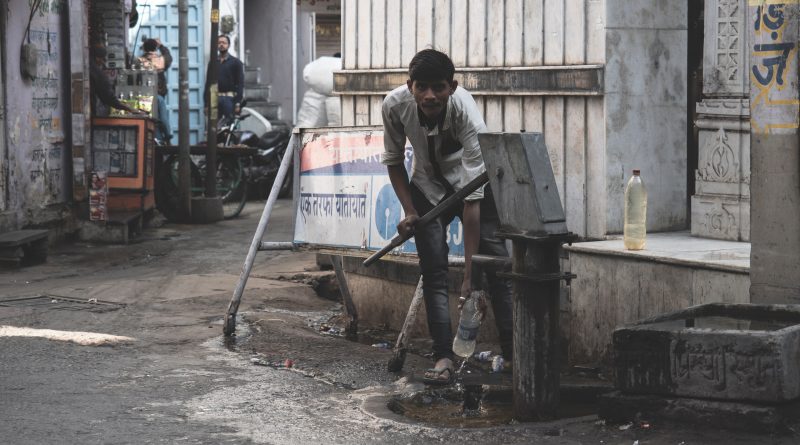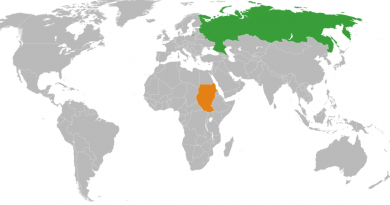High level of COVID-19 cases in India is Pushing Children out of School and into Child Labor
Juliet Nangini
Staff Writer
India is now second on the list of most coronavirus cases, but this has caused more than just health problems for the children in the country. As schools have shut down, India is facing an increase in child sex trafficking, child labor, and forced child marriages. To cope with the pressures of the pandemic, families have no option but to send their children to work. Children across India are working in a broad spectrum of fields such as “carpet-weaving, garment-making, domestic service, agriculture, fisheries, and mining,” Reuters says. This issue was already prominent in India and is only worsened by the pandemic.
Labor laws in India ban the employment of children under the age of 15. The marriage of girls under the age of 18 is also prohibited in India, but UNICEF estimates that at least 1.5 million girls get married in India each year, reports BBC. Due to the pandemic, these numbers are only expected to increase. As the lockdown resulted in high rates of unemployment, families are turning to child marriage to ensure the wellbeing of their daughters. As for the boys, some parents turn to trafficking and sending their sons to work in factories to help provide for the family.
Even as the country imposes travel restrictions, traffickers are still finding ways to transport children across state boundaries. Railway stations across the country, particularly in Rajasthan, Assam, and Delhi, have been filled with thousands of children that were trafficked and sent back home because of closed factories. The employers send these children back with false identity documentation, and many are chaperoned by their traffickers who hope to traffic them again when industries open back up. Puja Marwaha, CEO of Child Rights and You, tells Al Jazeera, “Children working in hazardous occupations are at higher risk now since no employer will reveal their identities and numbers as employing them is a criminal offense.” She highlights the dire need for including child protection services as an essential service. In some states, such as Bihar, measures are being implemented to identify child workers.
There are also economic implications that the country faces due to this problem. A study by DHL International GmBH on Bloomberg reveals that more than an estimated “56 million children were out of school in India,” costing the country’s economy at least $6.79 billion. Bloomberg identifies that this “lost generation of children” will have significant effects on India’s economy such as “lower productivity and earning potential, unrealized tax revenue, increased poverty levels and pressure for more government handouts.”
Although this problem is particularly dire in India, it is a global issue. Global child labor was in a slow decline until the pandemic halted this progress, with the possibility of reversing it. In many developing countries, a lot of children lack computers, access to the internet, and electricity. Children in India are walking around bare feet, rummaging through garbage to find recyclable plastic just to make a few cents. The New York Times finds that children in other countries face similar situations, from children mining sand in Kenya to working on cocoa plantations in West Africa.
Indian Nobel peace laureate Kailash Satyarthi tells Reuters, “I cannot be satisfied even if one single child is enslaved… it means there is something wrong in our polity, in our economy, in our society, we have to ensure that not a single child is left out.”
The consequences of this issue are enduring. Millions of children across the world are heavily affected, and further pushed into poverty and harsher living conditions. A report from UNICEF finds that “phone helplines are reporting a surge in calls from children suffering violence and abuse during confinement at home.” With the future of many children at stake, urgent action must be taken to address this humanitarian crisis.



